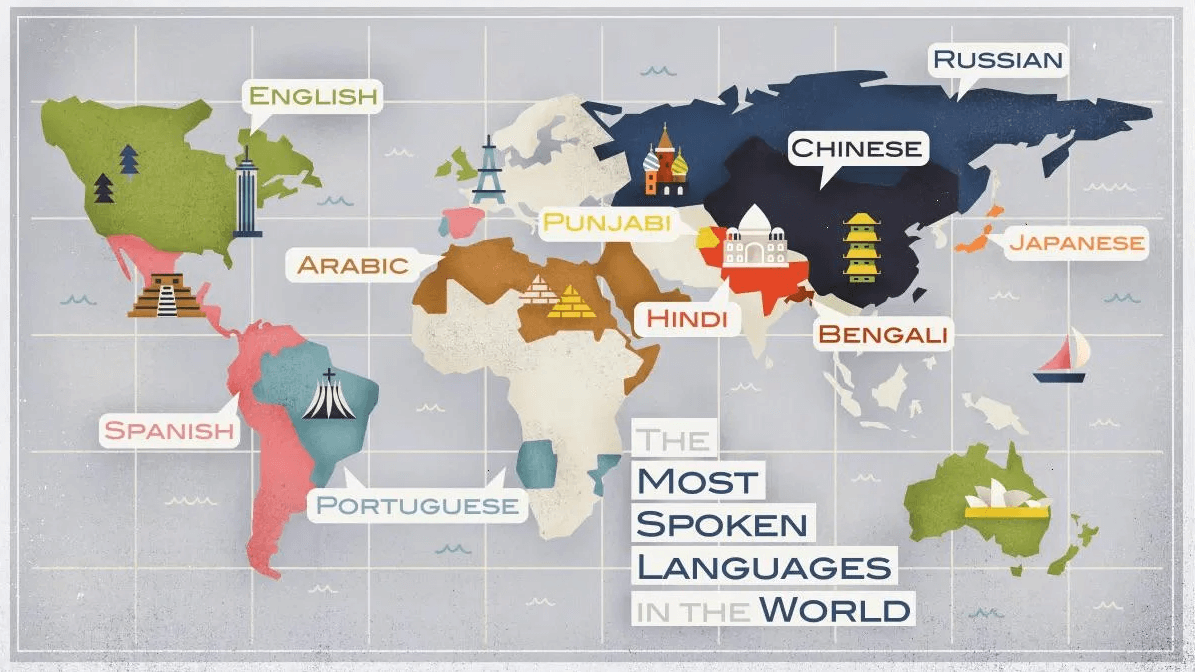The top 3 languages used on websites are english russian and spanish

The Top 3 Languages Used on Websites: English, Russian, and Spanish

When it comes to browsing the web, language plays a critical role in ensuring effective communication and delivering information to users worldwide. As the internet continues to evolve, the importance of multilingual websites becomes increasingly apparent. According to a study conducted by W3Techs, an organization that tracks web technology usage, the top three languages used on websites are English, Russian, and Spanish1^.
English: A Global Language of the Internet
It comes as no surprise that English tops the list as the most prevalent language on websites. With approximately 1.5 billion speakers worldwide, English serves as the primary medium of communication for a vast number of individuals across different regions and cultures. Since the advent of the internet, English has maintained its dominance due to its historical roots, wide adoption, and the influence of English-speaking countries on the global stage. Its widespread popularity has made it the de facto language of the online world.
Russian: A Language for Connections

Russian, an official language in Russia and several surrounding countries, is the second most used language on websites. Boasting over 250 million speakers, Russian plays a significant role in online communication. Its prevalence can largely be attributed to the vast number of Russian-speaking internet users, high internet penetration rates in countries like Russia and Ukraine, and the strong online presence of Russian-speaking communities.
Spanish: Bridging the Language Gap
As the third most used language on websites, Spanish claims its spot due to its wide global reach. With over 460 million native speakers and approximately 580 million total speakers, Spanish is secure in its position as one of the most widely spoken languages worldwide2^. It serves as the official language in 21 countries, making it a vital language for business, education, and cultural exchange. Consequently, Spanish is an important language online, enabling connections and fostering inclusivity across diverse populations.
In conclusion, while English, Russian, and Spanish hold the top positions as the most used languages on websites, it is worth noting that the internet continues to be a multilingual space. As we navigate the constantly changing digital landscape, catering to diverse linguistic preferences becomes increasingly important for organizations and individuals alike. By ensuring websites are accessible in multiple languages, we can foster inclusivity, reach broader audiences, and embrace the true global nature of the internet.
Related Posts
Quick Links
Legal Stuff

